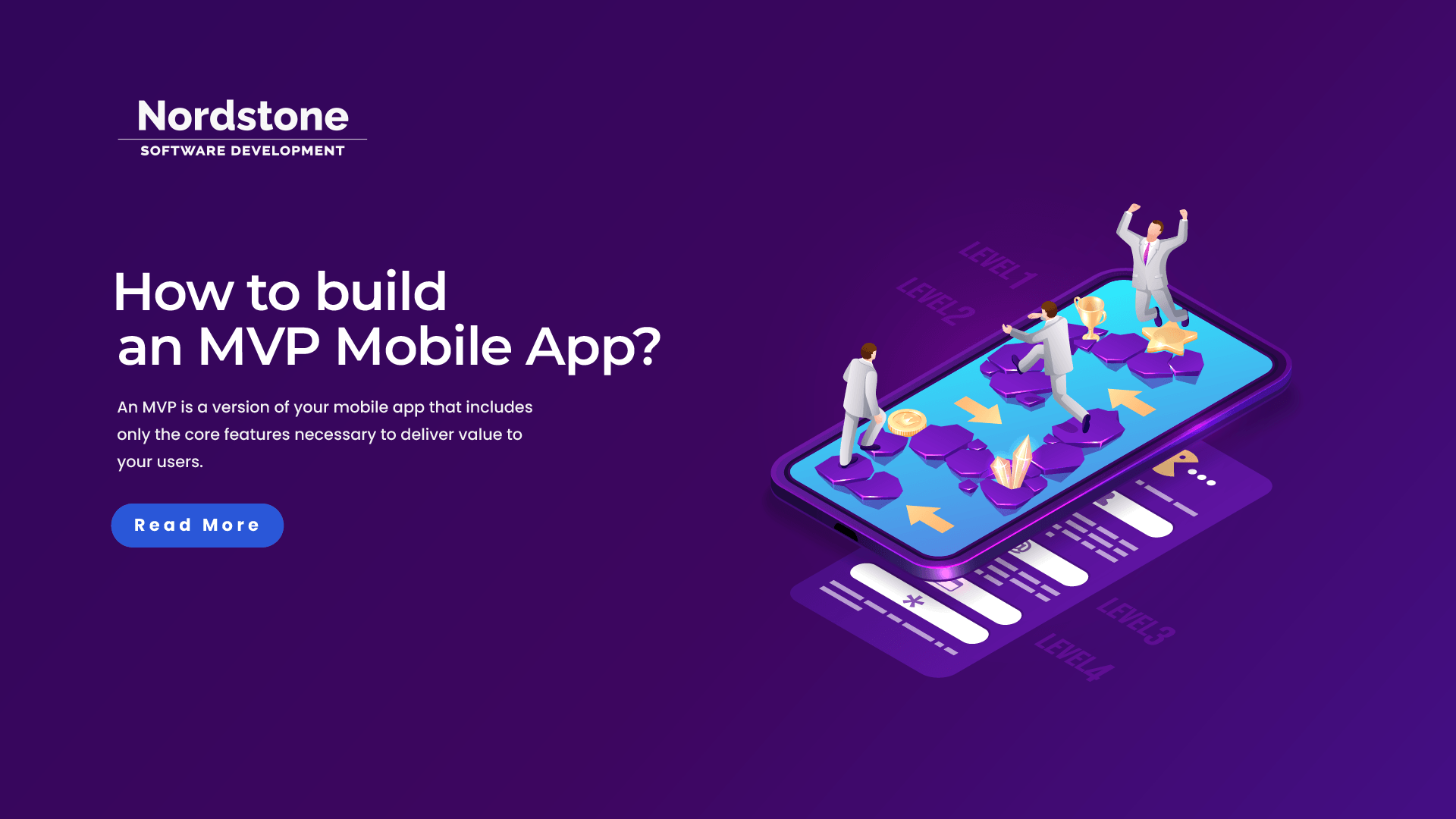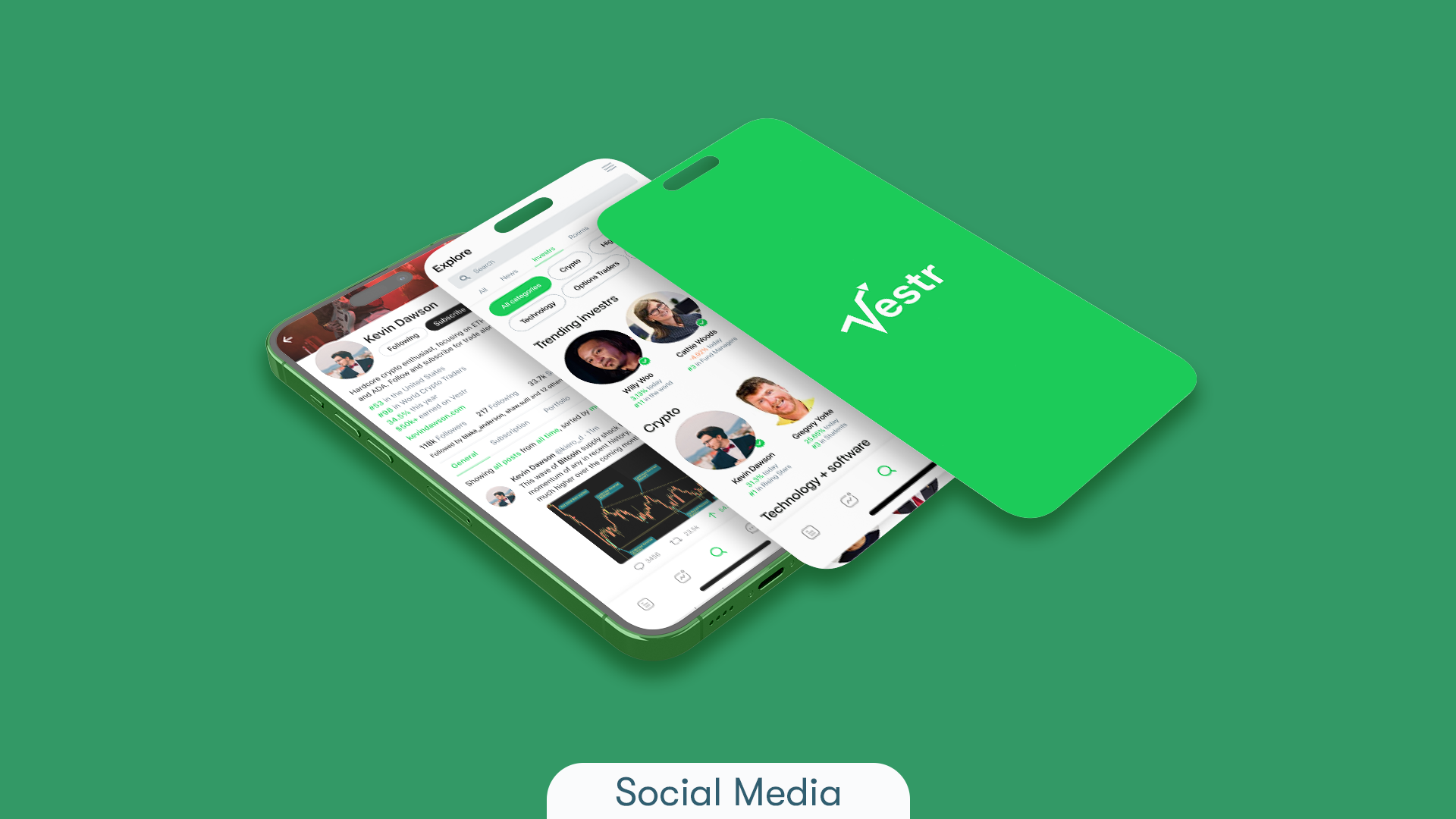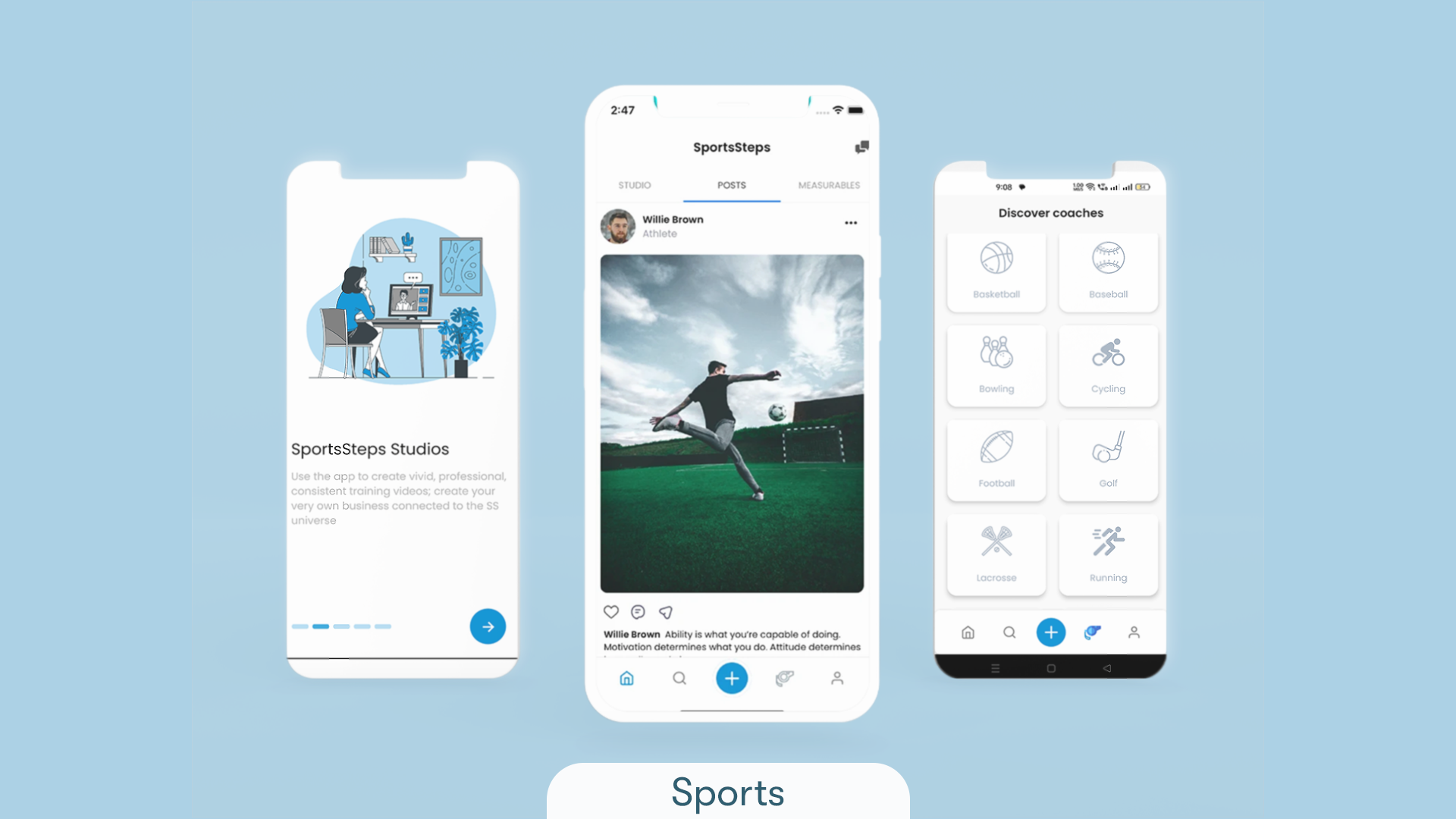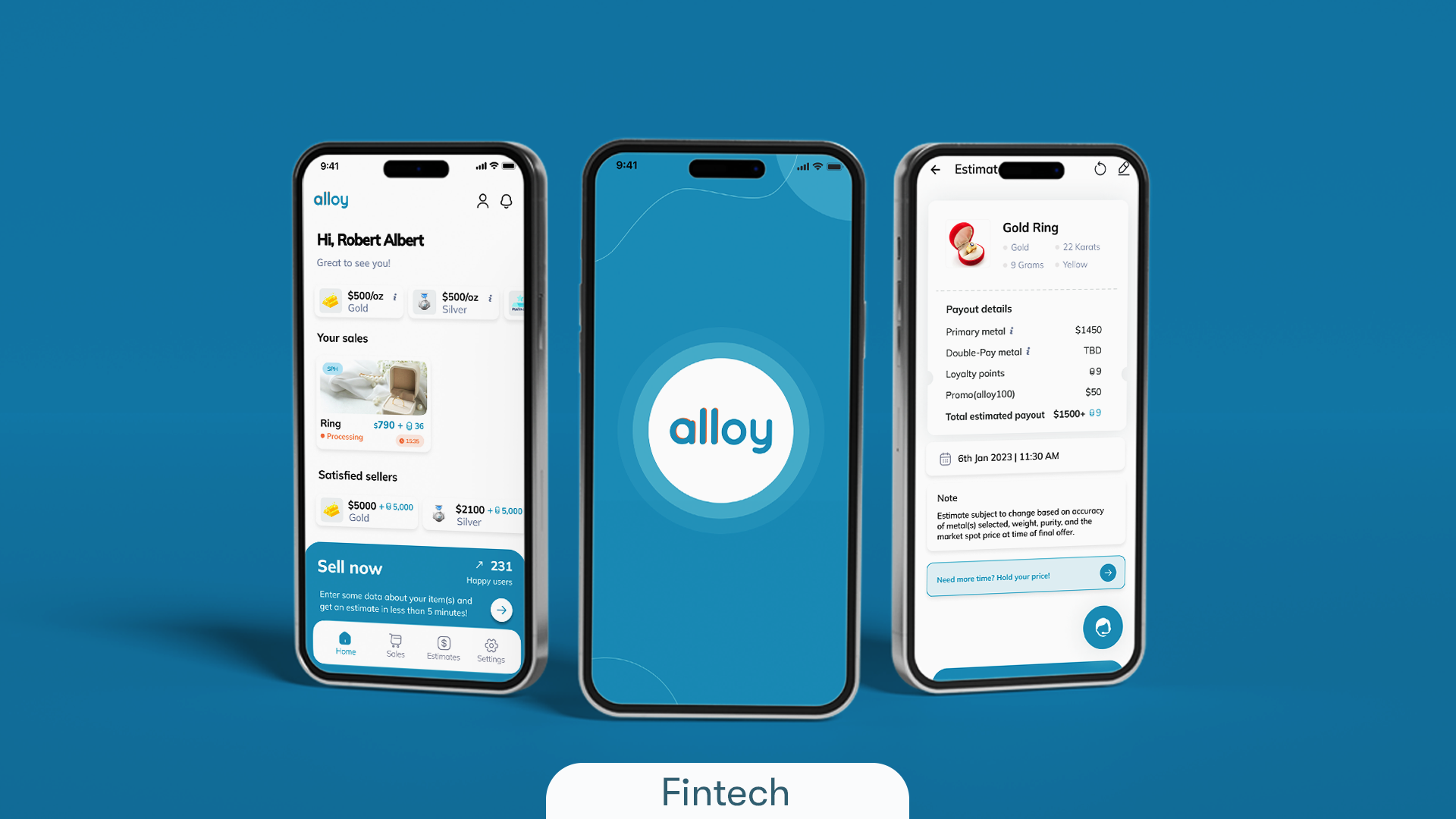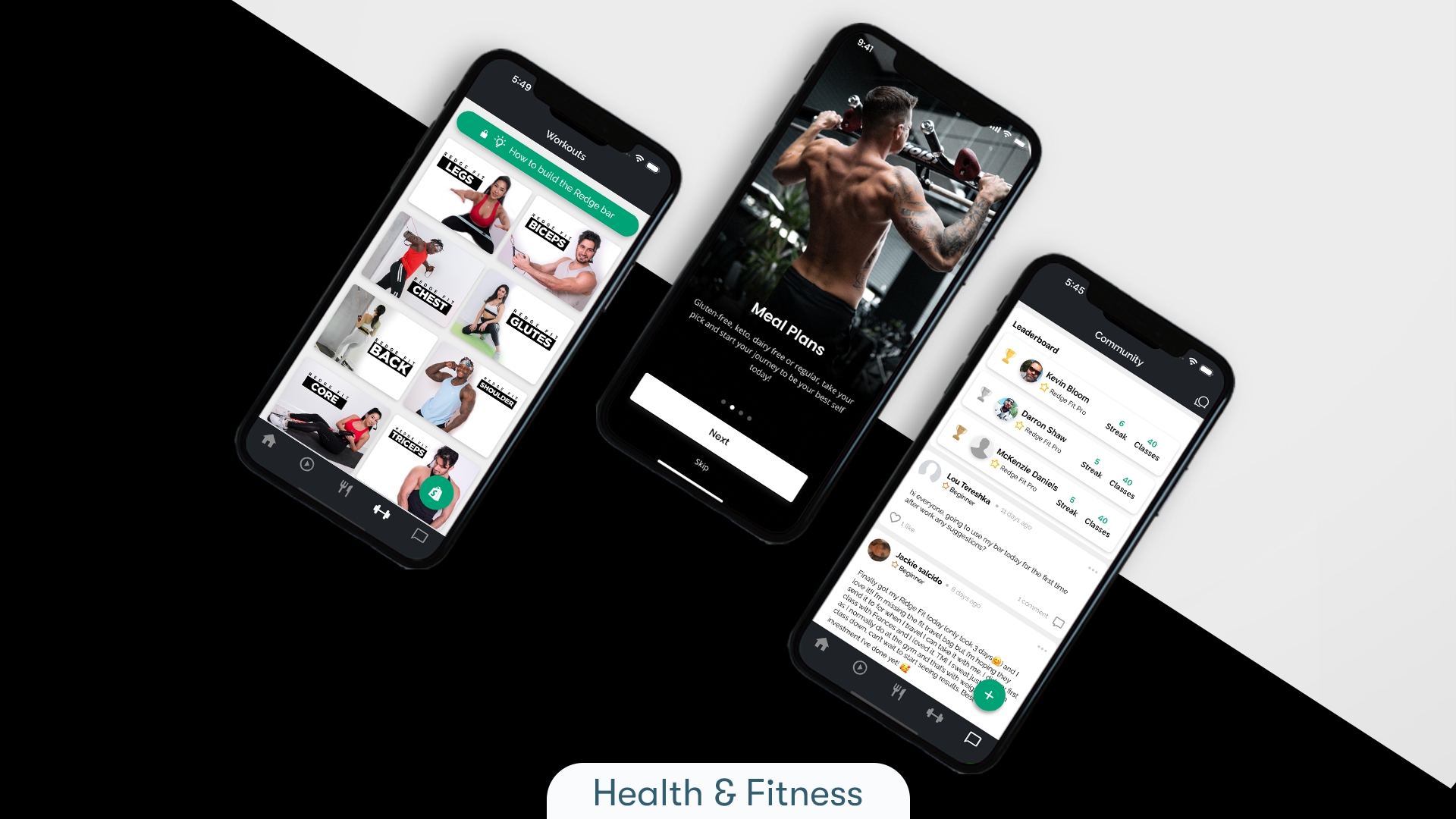February 6th, 2024 at 07:43 pm
Among the methodologies shaping this landscape, “MVP” has emerged as a pivotal concept in creating successful mobile applications. As businesses and entrepreneurs strive to bring innovative solutions to users’ fingertips, this approach has gained prominence, transforming how developers conceptualize and execute mobile app projects.
Suppose you have an ingenious idea for a mobile app, a vision that could revolutionise user experiences. Instead of investing colossal resources into a full-scale app, MVP advocates for a leaner approach.
What is an MVP?
MVP stands for Minimum Viable Product. The strategy focuses on creating a basic mobile application version with the bare minimum features required to satisfy early users and gather feedback. The primary goal of developing an MVP is to launch the product quickly, gauge user reactions, and use that feedback to iterate and improve the app continuously.
An MVP is not the final version of the product but a functional prototype that allows developers to validate their assumptions and test the market demand for their concept. By releasing a simplified version, developers can avoid investing substantial resources in features that might not resonate with users.
The Benefits of MVP Mobile App Development?
Risk Mitigation
Building a full-featured mobile app without validating its viability in the market poses a significant risk. Developing an MVP allows for early testing, reducing the risk of investing time and money in a product that may not gain traction.
User Feedback
Gathering feedback from users is crucial in shaping the final product. With an MVP, developers can receive insights into user preferences, pain points, and expectations, enabling them to make informed decisions during subsequent development phases.
Cost Efficiency
Developing a full-scale mobile app is an expensive endeavour. An MVP helps reduce cost during the initial stages by focusing on essential features and functionalities, ensuring that resources are allocated efficiently.
Time-to-Market
Time is a critical factor in the competitive world of mobile apps. An MVP allows for a quicker release to the market, gaining an early foothold and establishing a presence before competitors.
Basics of MVP Methodology
The MVP process in mobile app development involves several vital steps.
Identify Core Features
Developers must identify the core features essential for the app’s functionality. These features address the app’s primary purpose and provide users value.
Build Basic Functionality
The focus is creating a basic app version with the identified core features. This version may need more advanced functionalities but should sufficiently demonstrate the app’s value proposition.
Launch and Gather Feedback
The MVP is then launched to a selected group of users or the general public. Feedback is collected and analysed to understand user preferences, identify issues, and refine the app.
Iterate and Improve
Based on the feedback received, developers iterate on the MVP, incorporating improvements and additional features. This iterative process continues until the final version of the app is developed.
Difference Between MVP and Other Types of Development Approaches
MVP vs. Traditional Development
Traditional development often involves creating a fully-featured app before launching it to the market. In contrast, MVP focuses on releasing a simplified version first, allowing developers to test concepts and gather feedback early in the process.
MVP vs. Prototyping
Prototyping involves creating a model of the app to demonstrate its functionalities. While similar to MVP, prototyping may not necessarily include releasing the model to users for feedback, which is a crucial aspect of the MVP approach.
MVP vs. Agile Development
Agile development is a broader methodology that emphasises flexibility and collaboration. Conversely, MVP, is a specific strategy within the agile framework, concentrating on rapid iterations and feedback cycles.
How Much Does an MVP Mobile App Cost?
MVP development costs vary based on several factors, including the app’s complexity, the features included, and the development team’s rates. However, since MVP focuses on essential features, it is generally more cost-effective than developing a full-scale application. On average, the cost of MVP development can range from a few thousand to tens of thousands of pounds, depending on the project’s scope and requirements.
It’s essential to note that while the initial investment in an MVP is lower, additional costs may arise during the iterative development process as new features are incorporated based on user feedback.
Pitfalls Associated with MVP Development
While MVP development offers numerous advantages, it also comes with challenges.
Limited Features
The minimalistic approach of an MVP may result in a product with limited features, potentially discouraging some users who expect a more comprehensive experience.
Technical Debt
Quick iterations may lead to accumulating technical debt, making it essential for development teams to address and manage this debt to ensure long-term sustainability.
User Acquisition and Retention
Attracting and retaining users can be challenging, especially if the initial version needs certain features or a polished user interface. Effective marketing and communication strategies are crucial to overcome this challenge.
Scalability Concerns
While an MVP is designed for initial testing, developers must consider future scalability requirements. Failure to plan for scalability may result in significant challenges as user numbers increase.
When deciding how to approach mobile app development, considering the impact of various decisions is crucial. The choice between building a full-scale app or starting with an MVP can significantly influence the project’s success. The impact extends beyond cost and time considerations to the ability to adapt to user feedback and market trends.
The MVP approach offers a strategic method for testing ideas, validating concepts, and efficiently bringing a product to market. For organisations looking to embark on MVP development for their mobile app, partnering with a reliable and experienced development team is essential. Choosing a development partner with a proven track record in MVP projects can significantly enhance the chances of success.

